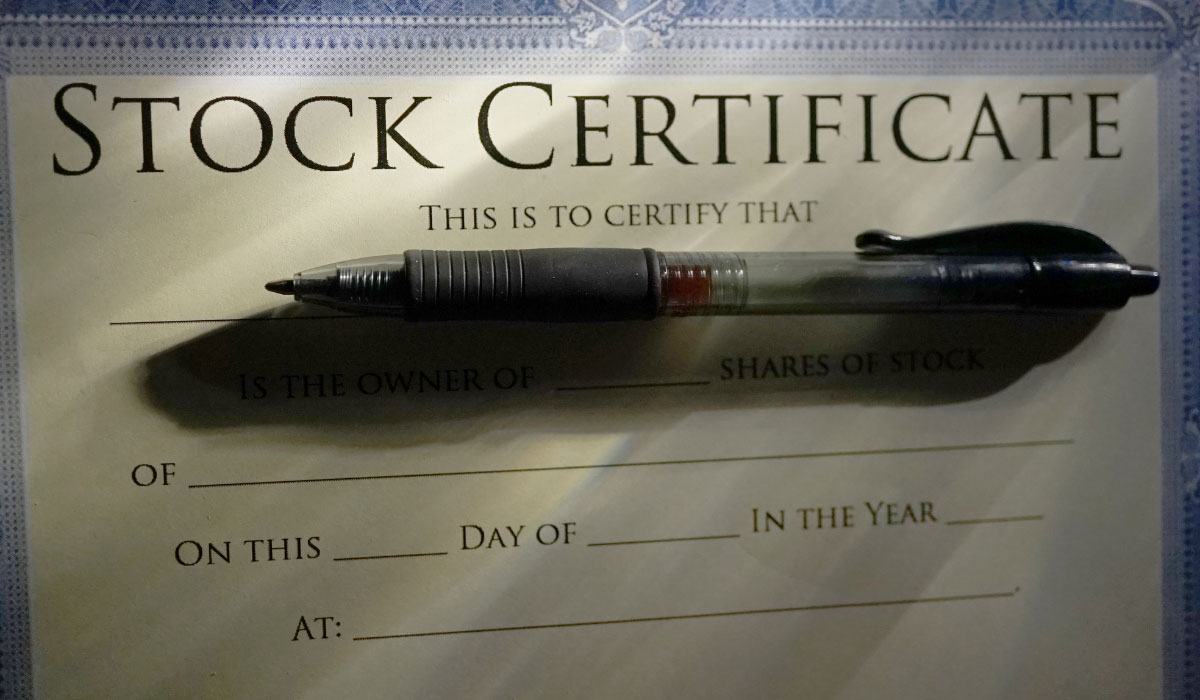Background
While not an everyday occurrence, it is far from unusual to find companies that have either never issued equity to the Founders or have no complete records of who received equity, when it was issued and for what consideration. This discovery typically comes up when the company is preparing for a sale, a significant outside investment or a debt financing. When it does, it can be both embarrassing and legally problematic.
S Corporation Election
If the new entity (“Newco”) is a corporation or an LLC and decides to file an election to be treated as an S Corporation for federal income tax purposes, it is required to file a timely Form 2553 with the IRS. The Form 2553 must be signed by Newco and by each equity holder under the penalties of perjury. It must also show the number or percentage of shares held by each equity holder. If Newco has never issued stock or other equity, is the Form 2553 that is signed and filed with the IRS legally sufficient to constitute a valid S Corporation election by Newco? This is important because a faulty election can become an expensive mistake, resulting in double taxation at the entity level and again at the equity holder level.
Economic and Tax Consequences for the Founders
When a company is organized, it typically issues equity (stock, membership units or LLC interests) to the Founders. At the time of organization, the value of that equity is most often nominal, so receipt of equity by the Founders has little tax cost to the recipient and the economic cost is likewise nominal if the consideration for the Founder’s equity is cash or property.
The time of issuance of Founder’s equity is likewise important if there is a near-term sale or other divestiture by the Founder. If equity is not issued around the time of organization, when does the Founder’s holding period start to run? The federal income tax rate on capital assets held for more than one-year is 20% and sometimes less. The federal income tax rate on capital assets held for one-year or less can be as high as 37%, so the importance of being able to establish commencement of the holding period is clear.
Potential Consequences for the Company
When a company issues equity to its Founders, it often makes the issuance contingent upon the Founders signing a restricted share or founders’ agreement. These agreements may simply address vesting of Founders’ shares and give the company the right to buy back the shares on the occurrence of events such as death, disability or the Founder leaving the company. In other cases, these agreements are more complex and include voting provisions, acceleration of vesting on a sale or change of control, compensation and bonus issues and other topics of potential disagreement. However, if issuance of Founders’ equity did not occur or was delayed, it is doubtful that such an agreement would have been signed.
In that case, if a Founder leaves the company for any reason, it is unlikely that the company will have the ability to require the departing Founder to surrender his or her equity.
While the foregoing list touches on some key issues arising from a failure to issue equity in a timely manner and to maintain complete and accurate records, the list is not exclusive. However, it does illustrate some important legal problems that may result from such failure.
If you have questions or would like further information, please contact PLDO Partner William F. Miller at 508-420-7159 or email wmiller@pldolaw.com.


